Ombudsman calls for government apology to public housing residents for hard lockdown
The Andrews government is under fire for failing to say sorry to thousands of public housing residents placed under hard lockdown last year.
Coronavirus
Don't miss out on the headlines from Coronavirus. Followed categories will be added to My News.
Victoria’s integrity watchdog has slammed the state government for failing to apologise over the sudden lockdown of public housing towers.
In a strongly worded statement issued on Friday, Ombudsman Deborah Glass said the failure to apologise almost a year after the lockdowns was disappointing.
In a report handed down in December Ms Glass said the sudden lockdown of the North Melbourne and Flemington towers violated the human rights of residents.
A key recommendation from her investigation called for the Victorian Government to apologise to the tower residents.
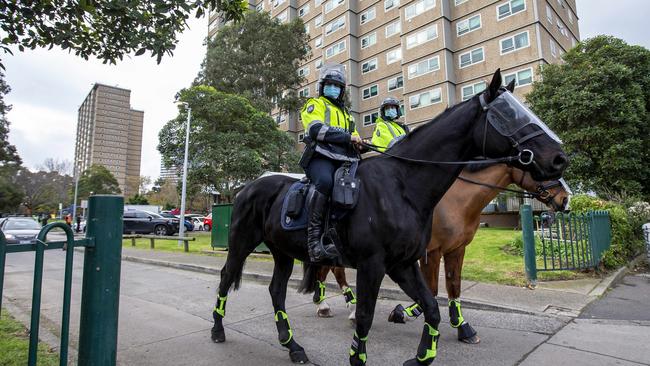
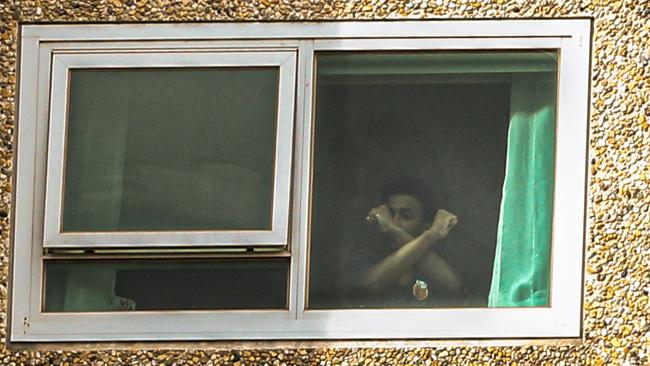
Their immediate detention left many without food, essential medical and other supplies, no access to fresh air and surrounded by police, she said.
“It’s disappointing the State Government has not accepted a key recommendation to say sorry for that,” she said.
“It continues to be the only lockdown, before or since, announced with no notice whatsoever – and giving rise to the obvious impression it was made on the grounds of security rather than public health,” Ms Glass said.
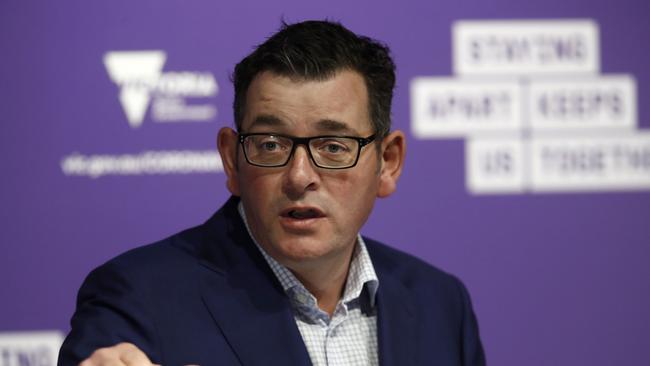
“I continue to make it clear that I did not recommend an apology for the lockdown itself – the Government need not apologise for taking necessary action to keep us all safe. It was for the immediacy of the lockdown, that we found was not based on direct public health advice.”
In her report Ms Glass found the timing of the drastic lockdown measures was not based on direct health advice.
“The rushed lockdown was not compatible with the residents’ human rights, including their right to humane treatment when deprived of liberty,” her report said.
“In my opinion, based on the evidence gathered by the investigation, the action appeared to be contrary to the law.”
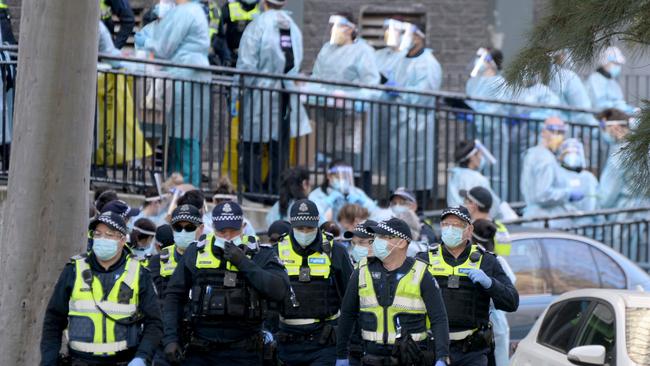
Ms Glass said the hastily-organised lockdown that came into effect on July 4 created “chaos”, with some residents left without food and medicine.
After the report was made public housing Minister Richard Wynne said “we make no apologies for saving lives”.
“We’ve made it very clear that on the first day was extremely challenging, we had to stand this thing up from, you know, with limited notice we had to stand it up and put the lockdown in place,” he said at the time.
‘WE SHOULD BE COMPENSATED FOR THE LOCKDOWN’
Flemington tower resident Tina Dillon, 50, endured two weeks of hard lockdown in pain, unable to go to hospital.
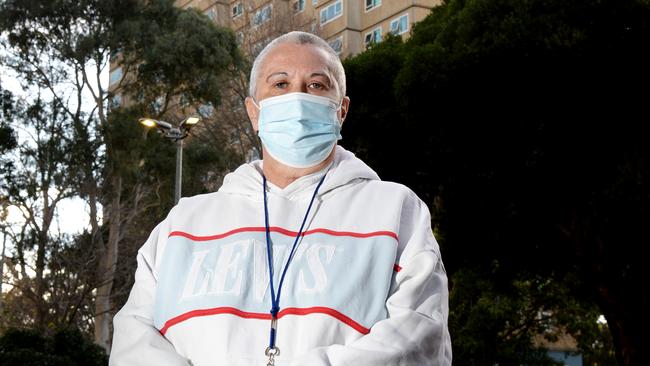
“I’ve had a stroke and I’ve had a heart attack and kidney failure,” Ms Dillon said.
“I was in bad pain but I couldn’t go out, they wouldn’t let me out.
“I said ‘I gotta go to hospital to get my kidneys checked out’ and the police said ‘no’.”
The 50-year-old said she and her neighbours deserve an apology from the state government but she knows why they have not received one yet.
“It was ridiculous,” she said.
“But you know what they’re like, politicians. They don’t worry about us, they just worry about themselves.”
She said her friend told her it was like they were “left like a pack of rats”.
Ms Dillon said if the government do not want to offer them an apology, at least then compensation.
“We should be compensated for the lockdown,” she said.
“It wasn’t right.”
Peter Tran, who also lived in a Flemington tower, described the lockdown as “very, very bad”.
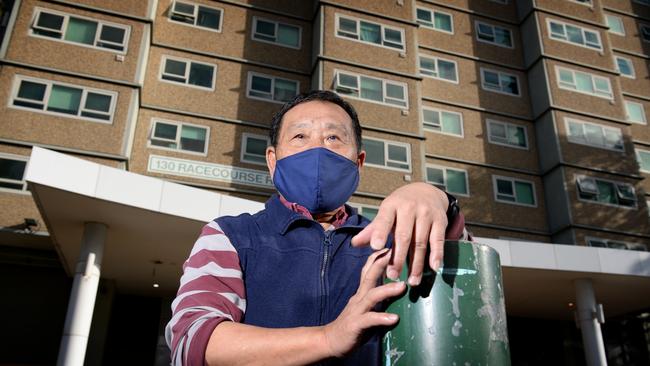
He does not want an apology from the state government nor compensation, he just wants those making the calls to have learnt from their mistakes.
“Say sorry but … a lesson (is) better,” Mr Tran said.
Another resident Kim, 63, said when he arrived home from work the day the towers were plunged into lockdown, he thought all the cops were there for “drugs” or “terrorists”.
“I was shocked. I thought ‘what’s going on?’,” he said.
“Luckily, two days earlier I bought some groceries and put them in the freezer.”
He said an apology would not make him feel better.
“Would they (apologise)? That’s the question,” he said.
“They’re not going to say ‘we apologise’. They’re not going to admit their mistake.
“What’s done is done.
“But what I can say is if people need help, help them. Don’t give excuses.”
Mr Wynne has been contacted for comment.




